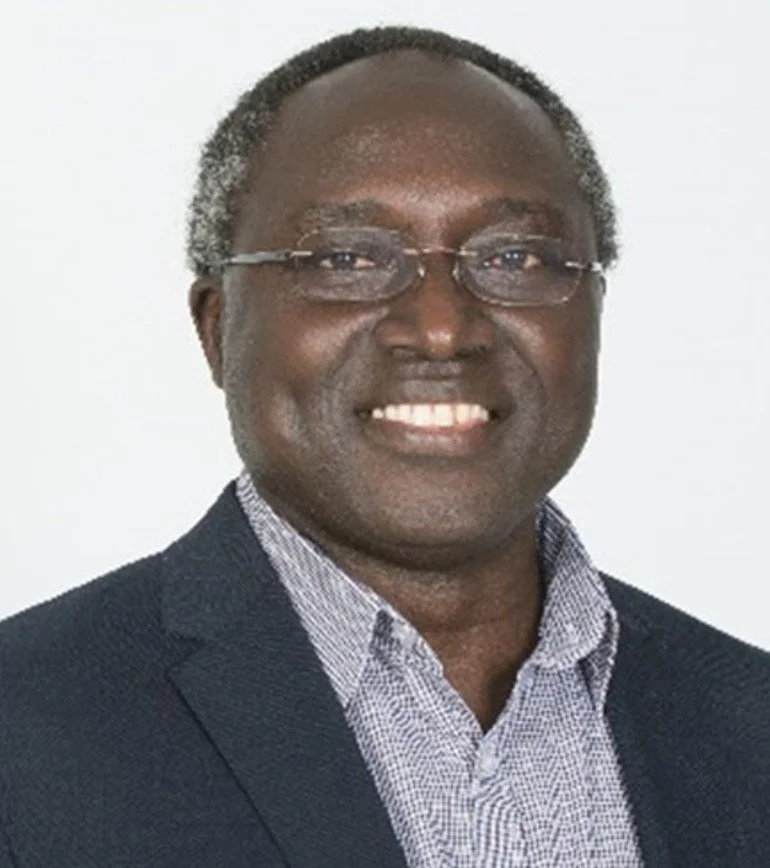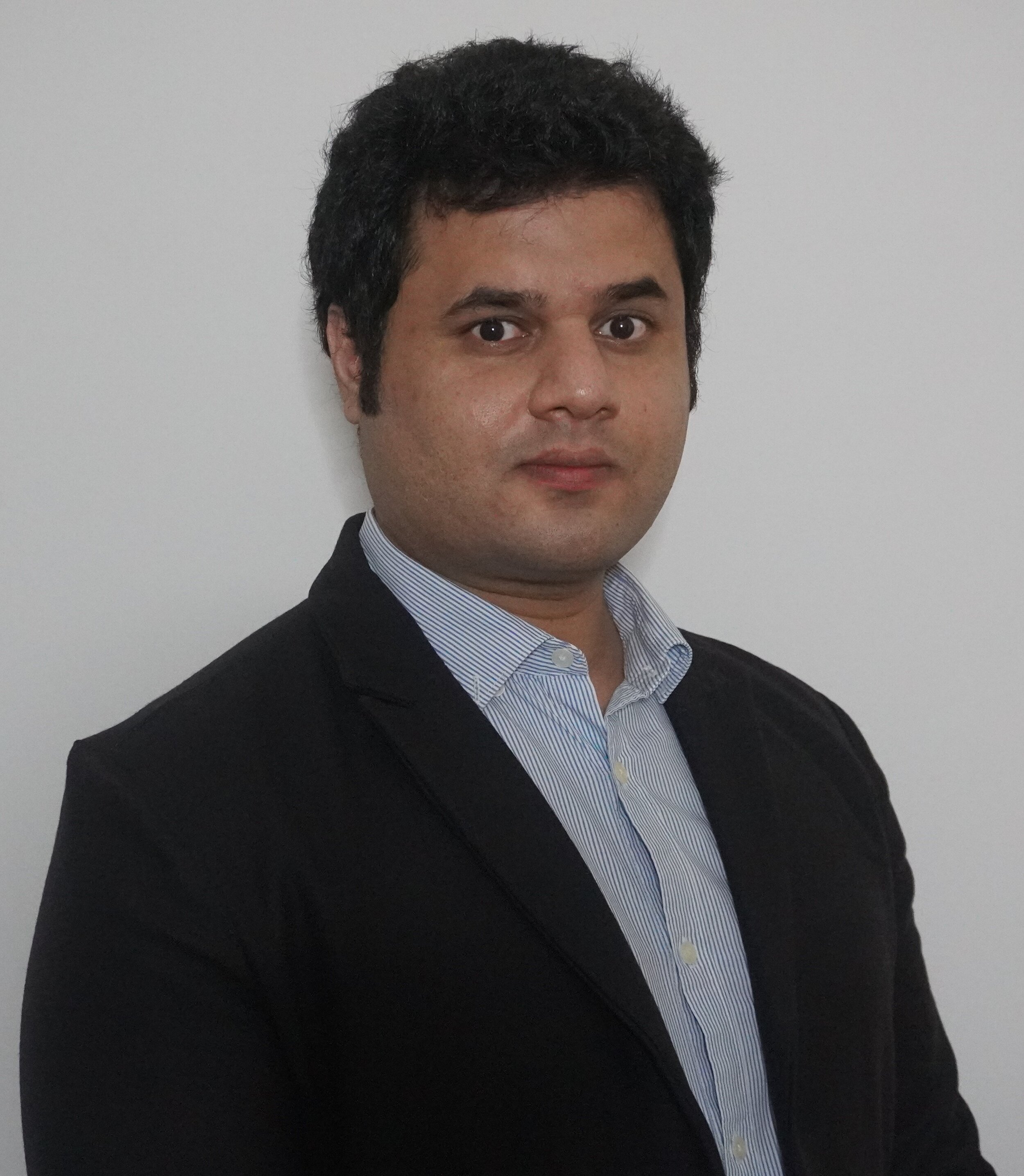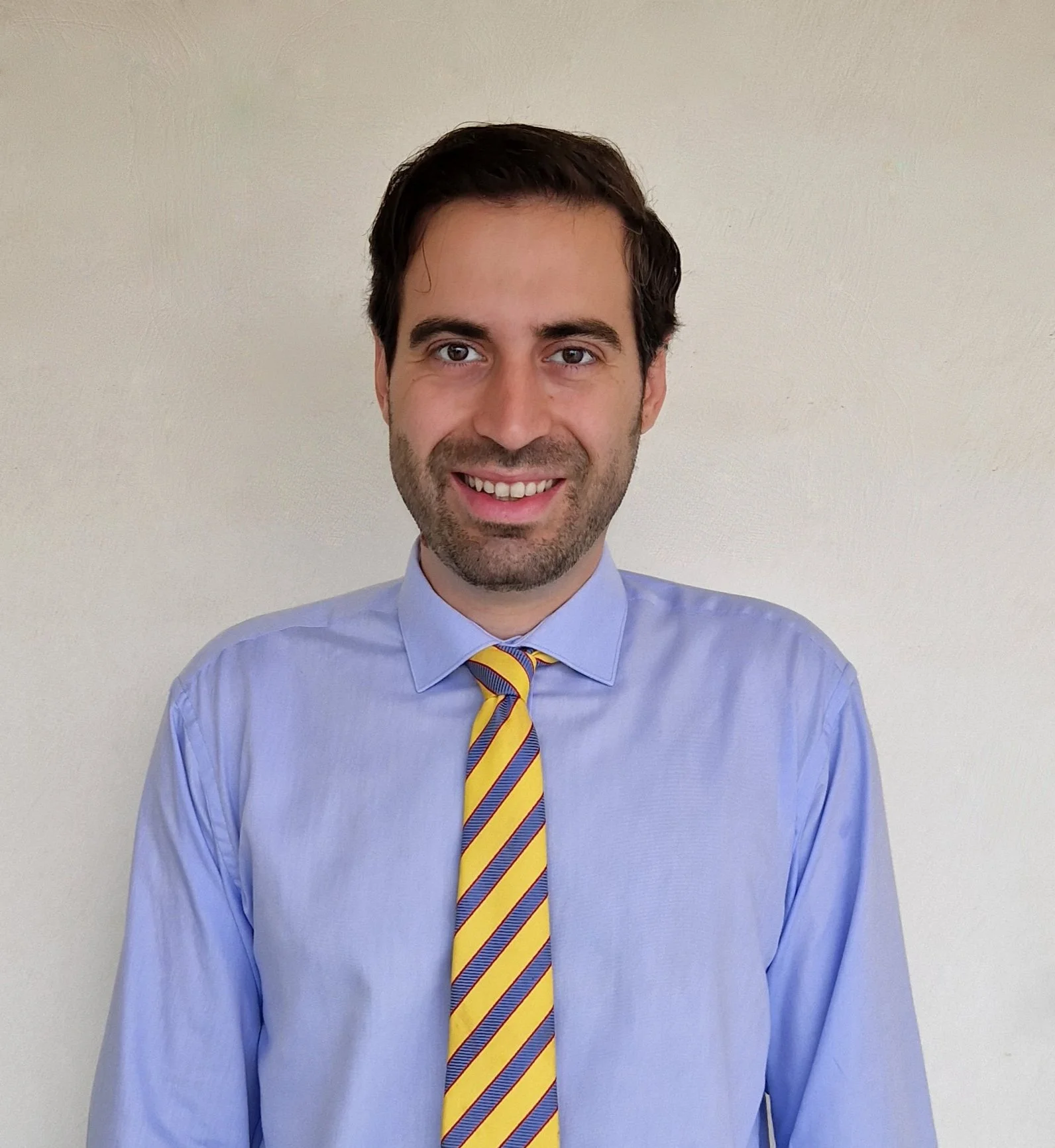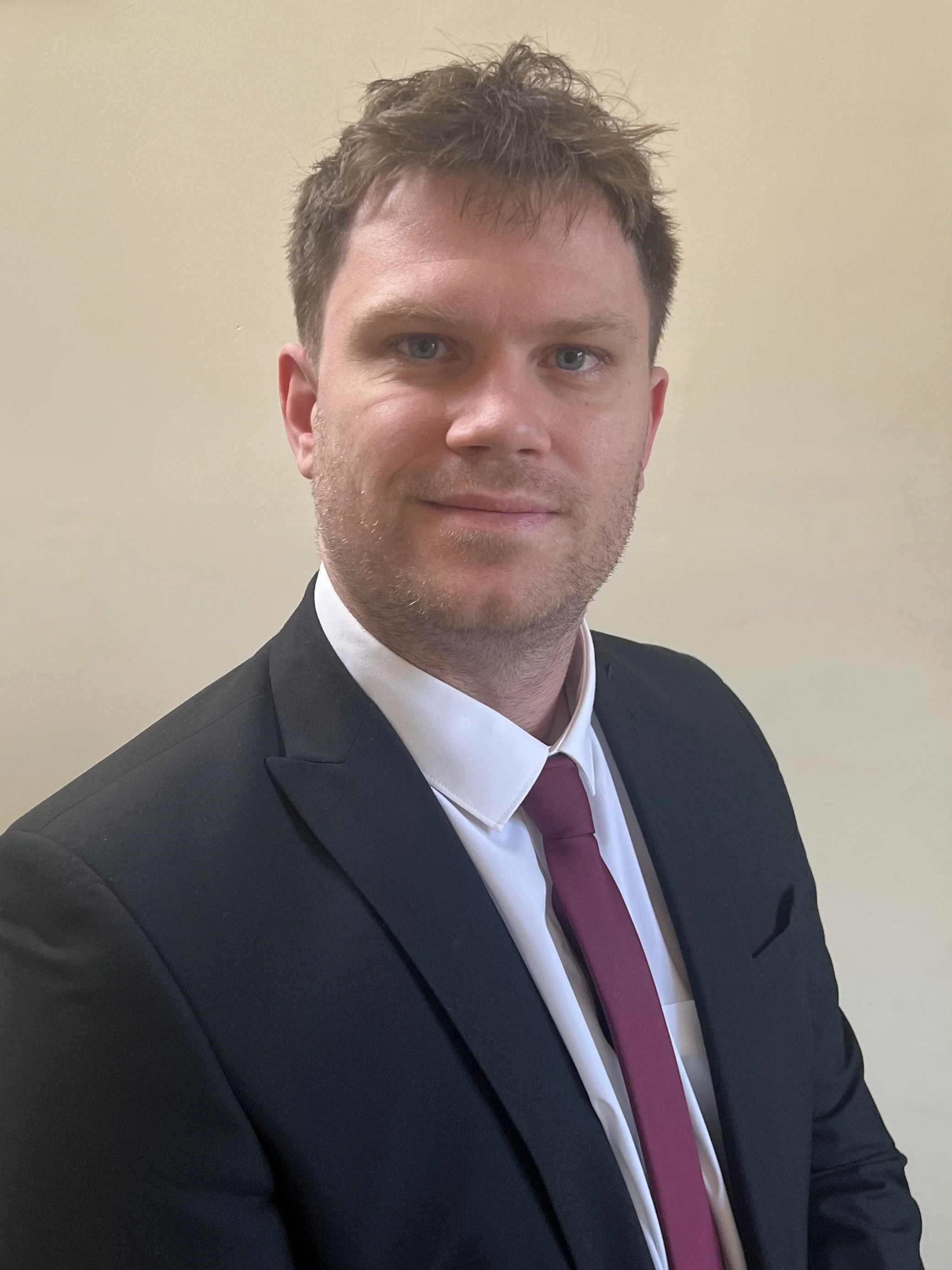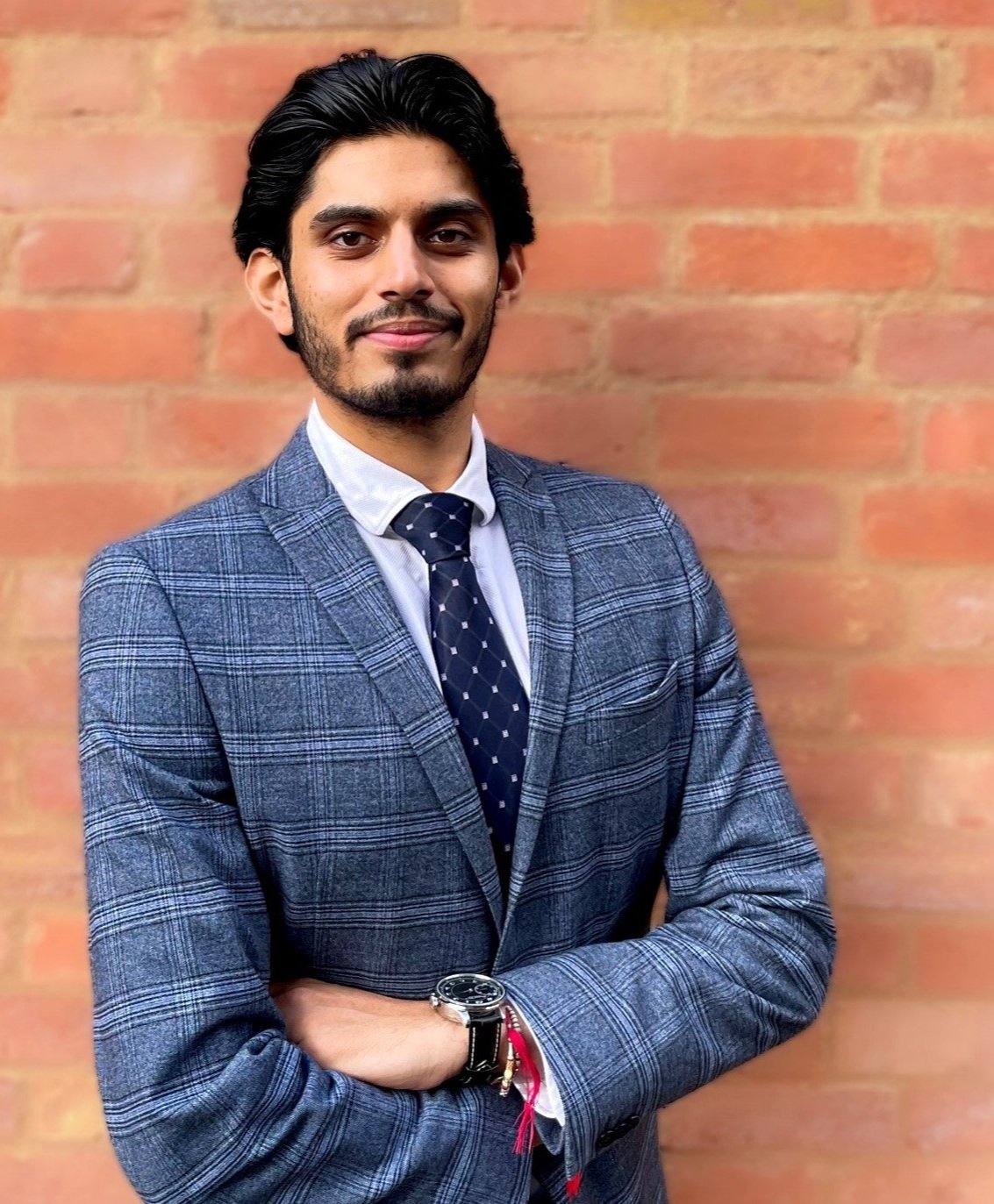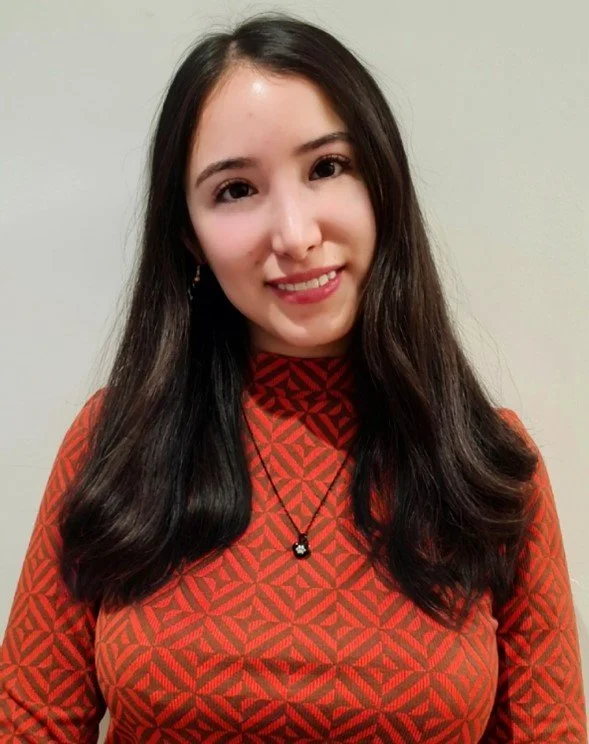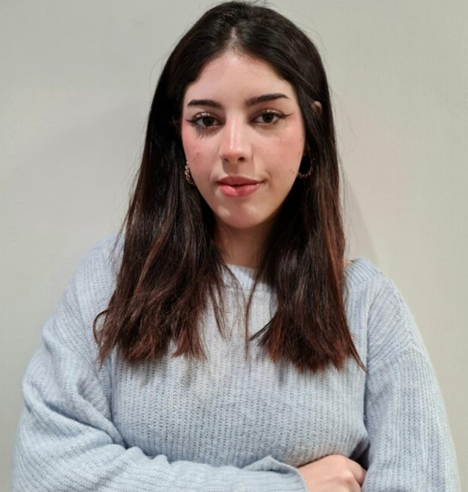Who we are
Dr Julian F. Dye
Founder & CEO
Dr. Dye initiated the ProMatrix project from the University of Oxford, UK, and focuses on advancing wound treatment in deep skin loss injuries by regenerative synthetic skin solutions. Julian founded Oxartis in September 2020, to build a platform technology of tissue regenerative products.
Dr. Dye is a research scientist who has been working on synthetic skin biomaterials for over 20 years. He has a strong background in applied biochemistry, cell biology and surgical science, with interests in the control of blood capillary formation and tissue regeneration by extracellular matrices. His research has led to development of a novel approach to using biomaterials as scaffolds to guide tissue reconstruction. He has designed and established a practical technology platform in the Institute of Biomedical Engineering, University of Oxford which enables scalable production of regenerative scaffolds.
Dr Dye holds a PhD in Physiology from Imperial College London and an MA in Biochemistry from University of Oxford, UK. He has worked in St Mary’s Hospital, Paddington, Imperial College, London and the RAFT Institute of Plastic Surgery, where he became its Director of Research, and before founding Oxartis, was a lecturer at the Institute of Biomedical Engineering, University of Oxford. He is a Fellow of the Royal Society of Biology, a member of several professional societies and holds a CBiol, has published 42 scientific papers, two book chapters, and authored 5 patents.
Dr Ferdinand Lali
Senior Research Scientist - Wound Biology
Dr Ferdinand Lali is a medical research scientist in the field of tissue regeneration, focussing on novel approaches to improve outcomes for non-healing wounds such as in diabetic foot ulcers. His early post-doctoral research studied the role of inflammation in host-pathogen interactions in cutaneous wounds. This was part of an investigation into the virulence factor, mycolactone, from mycobacterium ulcerans which causes Buruli Ulcer, a neglected tropical disease, a common mycobacterial disease in parts of sub-Saharan Africa, but cases seen afield as Australia. More recently he worked on evaluation of medical implants, both in development and post-marketing surveillance and was involved in setting up of the London Implant Retrieval Centre (LIRC) to investigate the mode of failure of metal hip implants. Ferdinand has worked on several projects in regenerative medicine, at the Blond McIndoe Research Foundation and the Griffin Institute (Northwick Park Institute for Medical Research) and as Honorary Lecturer at University College London, before joining Oxartis.
Ferdinand gained a Combined BSc (Hon) in Biochemistry and Pharmacology at Leeds University, a MSc in Clinical Biochemistry, and a PhD in Immunology, at The Kennedy Institute, Imperial College London, on immune cell signalling, and has had a taught at Makerere University in the department of Biochemistry and Medical School (2004-8).
Dr Nauman Jalil
Senior Product Engineer
Dr Jalil has an interdisciplinary background with a desire to apply engineering principles in medical device applications. He developed a keen interest in tissue engineering and regenerative medicine during his undergraduate studies, which lead to a Master’s thesis project working with a Welsh start-up company performing research and development of production and electrospinning of marine sourced collagen and chondrocyte cell culture, developing tissue engineering scaffolds for cartilage repair. focusing on the design and fabrication of tissue engineering scaffolds employing biomimetic architecture. He pursued his research interests in tissue scaffolds and analysis, gaining experience in 3D printing and prototype design, collaborating with the Wales Centre for Advanced Batch Manufacture, working on a number of design and manufacture projects.
Dr Jalil holds a BEng in Medical Engineering, and MSc in Nanoscience to Nanotechnology from the School of Engineering, Swansea University, and completed his Ph.D. in March 2020 from The Wales Centre for Advanced Batch Manufacture, University of Wales.
Dr Antonios Keirouz
Product development Engineer - Biomaterials Specialist
Dr. Keirouz is a research scientist and engineer, bringing over a decade of research experience in institutions across the UK, Switzerland, and the US and is has expertise in electrospinning technology.
Dr. Keirouz is enthusiastic about the opportunity to leverage his expertise and make a meaningful contribution to Oxartis' development pipeline. While substantial research has been dedicated to tissue regeneration, a noticeable gap exists in translating these advancements into tangible products that can directly enhance the quality of life for patients afflicted by tissue loss due to wounds and burns. Oxartis' unwavering commitment to tissue regeneration closely aligns with Dr. Keirouz's passion for translating scientific research into practical clinical applications, to solve this un-met clinical need.
Throughout his career, he has closely collaborated with scientists, engineers, and clinicians on a range of projects spanning nanotechnology, biomaterials, skin tissue engineering, drug-eluting membranes, tissue scaffold development, implantable devices, and biosensors. His previous work includes contributions to cancer research projects at the Jackson Laboratories in Maine, USA. Most recently, he held a post-doctoral post at University of Bath, working on the development of minimally and non-invasive medical devices utilizing 3D printing and electrospinning technologies.
Dr. Keirouz has authored 15 scientific papers and more than twenty conference abstracts. He has attained prominence in international conferences and symposia across four continents. He has been an invited speaker in seminars and events in the US and Europe, and won several awards for his research. Additionally, he is an active peer-reviewer for over ten journals in the fields of nanotechnology and biomaterials science and holds two editorial positions.
Dr. Keirouz gained a First-Class Honours degree in Cell and Molecular Biology from Heriot-Watt University, with focus on nanotoxicology, and a Ph.D. in Engineering from the University of Edinburgh, in collaboration with the Swiss Federal Laboratories for Material Science and Technology (Empa), ETH. Tony is an associate member of the Royal Society of Chemistry, Royal Society of Biology.
CHARLIE WOOD
Product Development Engineer
Charlie Wood is a multidisciplinary bioengineering scientist specialising in regenerative medicine, biomaterials, and cellular biology, with a strong focus on translational research. His motivation for pursuing biomaterials and tissue engineering derives from a desire to address conditions for which current clinical interventions remain largely palliative rather than restorative. Charlie is particularly drawn to the challenge of designing materials that actively instruct cell behaviour and function within complex biological environments, bridging fundamental materials science with clinically relevant outcomes. Through his research, he aims to contribute to the development of translatable, biomaterial-based therapies and model systems to advance the repair, regeneration, and study of damaged or diseased tissues across diverse clinical contexts.
He is finalising a PhD in Biomaterials at the Henry Royce Institute for Advanced Materials and the University of Manchester, where his work centred on engineering synthetic and biomimetic scaffolds for intervertebral disc repair. His research integrated hydrogel design with stem cell biology, advanced microscopy, and molecular analysis, to inform tissue engineering and degenerative disease modelling.
Charlie holds a BSc (Hons) in Biochemistry from the University of Bristol, where he developed a programmable biosensing transcriptional repressor for synthetic gene circuit regulation.
Bharat Jassal
Product engineer
Bharat is driven to explore the cutting-edge developments in biotechnology and contribute to translation of science from lab into clinics. He is keen to investigate the application of tissue regeneration in wound healing, focussing on product characterisation and application of specialist analytical techniques at Oxartis.
Bharat has gained the knowledge of fundamental laboratory techniques from his lab experience at ONI; a leading and rapidly growing biotech redefining the boundaries of scientific discovery with super-resolution microscopy.
Bharat’s previous experience in the NHS has provided him with first-hand patient experience and piqued his interest in today’s treatments via medicine and medical devices. He has experienced the front-end of care delivery to patients and recognizes the great impact of healthcare innovations in this area.
Bharat holds a first-class bachelor’s degree in BEng Biomedical Engineering from the Queen Mary University of London and is completing an MSc in Nanotechnology for Medicine and Health Care at the University of Oxford.
Diana Arredondo Bernal
Biotechnology Engineer
Diana is committed to translating research breakthroughs into real-world solutions to address contemporary biomedical challenges. Her focus lies in advancing personalised regenerative medicine, aiming to restore the functionality of diverse tissues through innovative biological systems.
Diana has knowledge of tissue engineering, molecular biology, bioreactors, and biocatalysis. Her previous experience includes the synthesis, characterization, and optimisation of biomaterial-based 3D scaffolds for neuronal and bone regeneration, along with conducting in vitro assessment of cell-scaffold biological interactions at the Nano-sensors and Devices research group at the Monterrey Institute of Technology and Higher Education (Nuevo Leon, Mexico). In addition, she evaluated cardioprotective treatments in hypertrophic heart models at the Cardiovascular Medicine and Metabolomics research group at Zambrano Hellion Hospital (Nuevo Leon, Mexico).
Diana holds a first-class BSc. degree in Biotechnology Engineering from the Monterrey Institute of Technology and Higher Education, and she is currently studying a MSc in Nanotechnology and Regenerative Medicine at University College London (UCL).
Lydia Bellaouane
Biomedical Scientist
Lydia Bellaouane Lydia Bellaouane is a Master's student at University College London (UCL), stands at the intersection of Biomedical Science, Nanotechnology, and Regenerative Medicine. With a robust background in Biomedical Science and prior experience in healthcare and other fields such as HR and business, she brings wealth of knowledge and practical insight to the dynamic field.
Having embraced the intricate world of nanotechnology, Lydia’s deeply fascinated by the manipulation of materials at the nanoscale, specifically in the context of medicine and healthcare applications. The focus lies on leveraging nanotechnology to pioneer transformative solutions for regenerative medicine, with a notable emphasis on tissue engineering and advanced drug delivery systems.
The journey includes meaningful contributions within the NHS, providing with invaluable firsthand experiences in the healthcare domain. Currently navigating the final stages of the Master's program, she is engrossed in a compelling thesis centered around tissue engineering for skin reconstruction. This research venture unfolds in collaboration with Oxartis, a company at the forefront of regenerative medicine advancements.
Within the academic realm of UCL, Lydia’s actively engages in coursework and hands on research projects, refining skills in nanofabrication techniques, biomaterials, and cellular engineering. This dual proficiency in theoretical knowledge and practical applications positions [him/her/them] as a dedicated contributor to the cutting edge of scientific advancements.
Beyond the academic tapestry, Bellaouane’s commitment extends to the translation of scientific discoveries into tangible societal benefits. The collaboration with Oxartis serves as a testament to her dedication, applying expertise to the forefront of tissue engineering technologies.
Navigating the intricate relationship between nanotechnology and regenerative medicine, Lydia remains committed to interdisciplinary collaboration. The belief that diverse perspectives are the catalysts for breakthroughs in these fields fuels her enthusiasm. The goal is to contribute skills, knowledge, and passion to the broader scientific community, aspiring to drive positive change through ground-breaking research.



